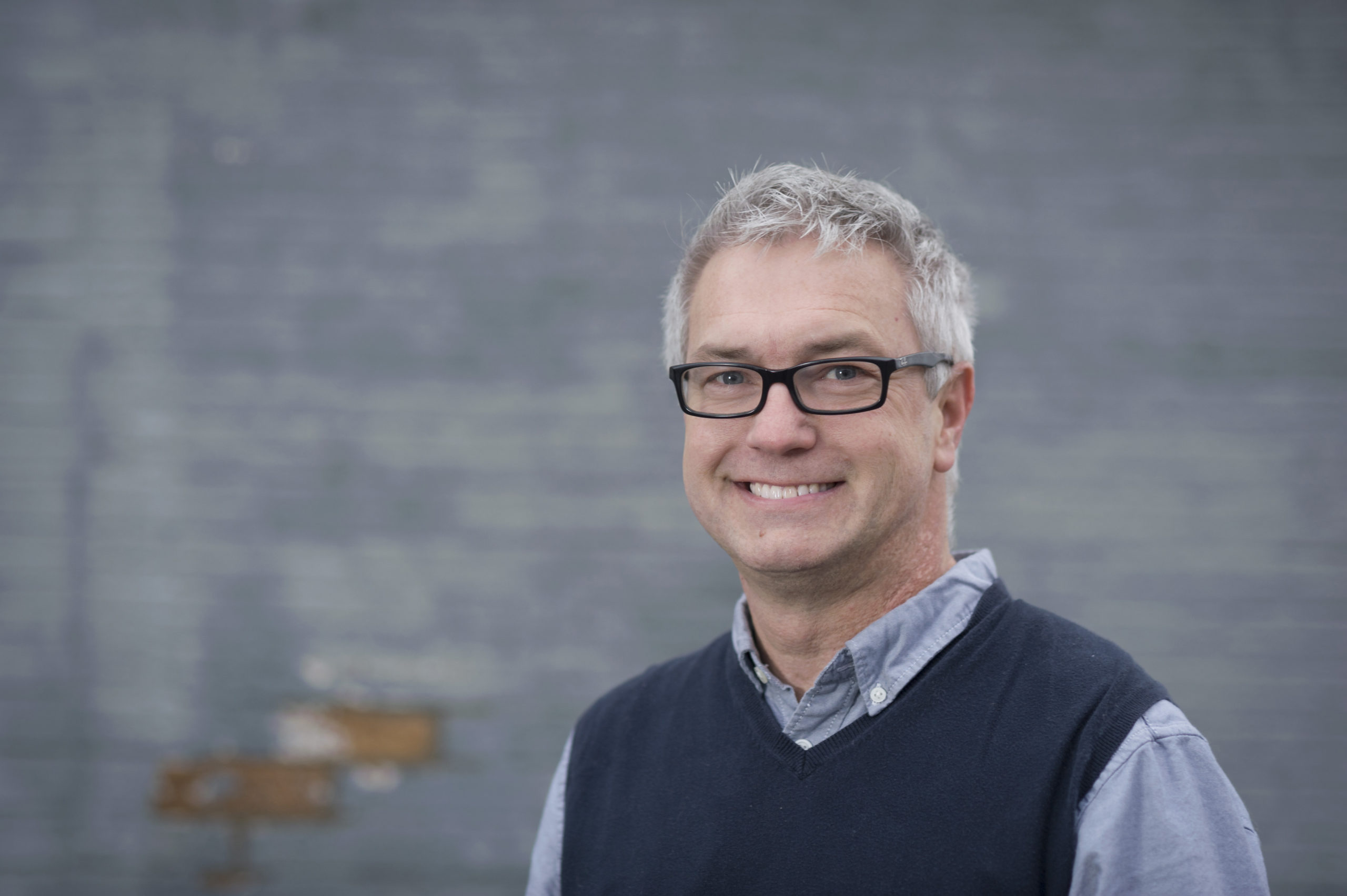 Michael Danner is MC USA’s associate executive director for Church Vitality and Engagement
Michael Danner is MC USA’s associate executive director for Church Vitality and Engagement
“People like us do things like this.” — Seth Godin
That is the simplest expression I’ve ever heard of what makes up any tribe, group or community.
Who are “people like us”?
Is there value in being Mennonites together? Does our culture need an Anabaptist/Mennonite expression of faith? How do we define a “people like us”? Are we constituted around an ethnic identity? Faith heritage? Theological commitments? Genealogy? Lived faith? Identity markers like gender, race, sexual orientation, etc.?
What do “people like us” do?
Do we sing four-part harmony? Do we engage in non-violent direct action? Do we get arrested as we work for justice? Do we quilt? Do have lots of potlucks? Do we serve others? Do we witness to the state? Do we welcome immigrants? Do we engage in creation care? Do we live simply? Do we vote? Do we go to worship each and every Sunday (and Wednesday too)? Do we [fill in the blank]?
Since the formation of MC USA we have been negotiating this question: Who are people like us and what do people like us do? We still are. What do we hold as central to our identity? What do we do when we answer these questions differently? Who gets to decide?
As you engage the wider church, I invite you to reflect on what you are seeing and how it fits into the phrase “People like us do things like this.”
Here’s a tip: There are two ways that this phrase can function. The first is exclusive. That’s when you know exactly what people like us do and you use that as the measure of who is in and who is out. The second way is inclusive. That’s when you accept that those who identify as Mennonite within MC USA are a part of people like us and what they do becomes a part of what people like us do. That is tricky. (I can feel the anxiety that creates.)
Together we are negotiating the space between those two approaches. There are things we are and things we are not … and there is a vast space in between. How do we discern this together?

